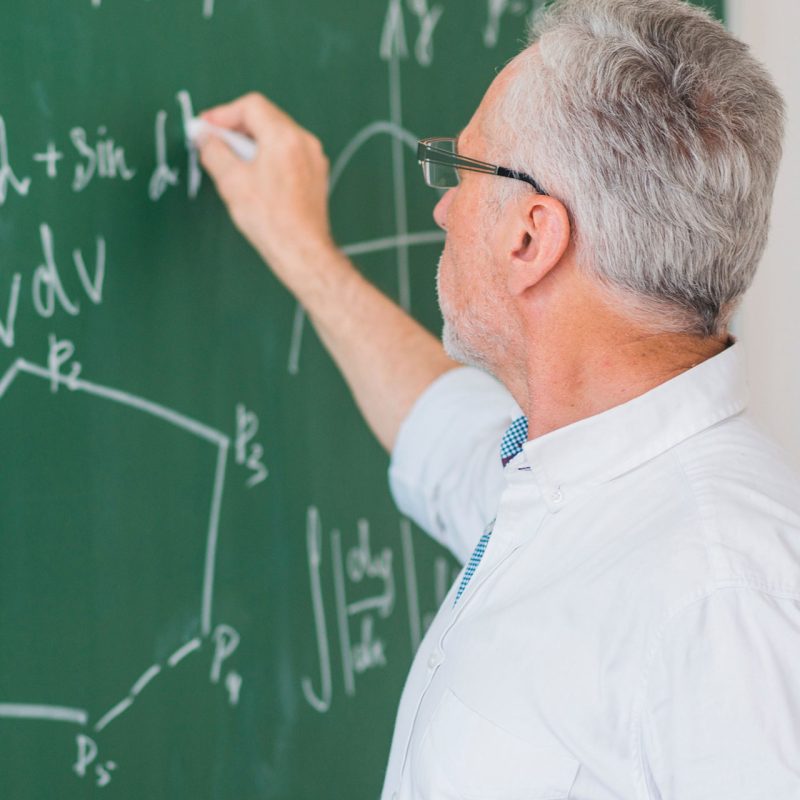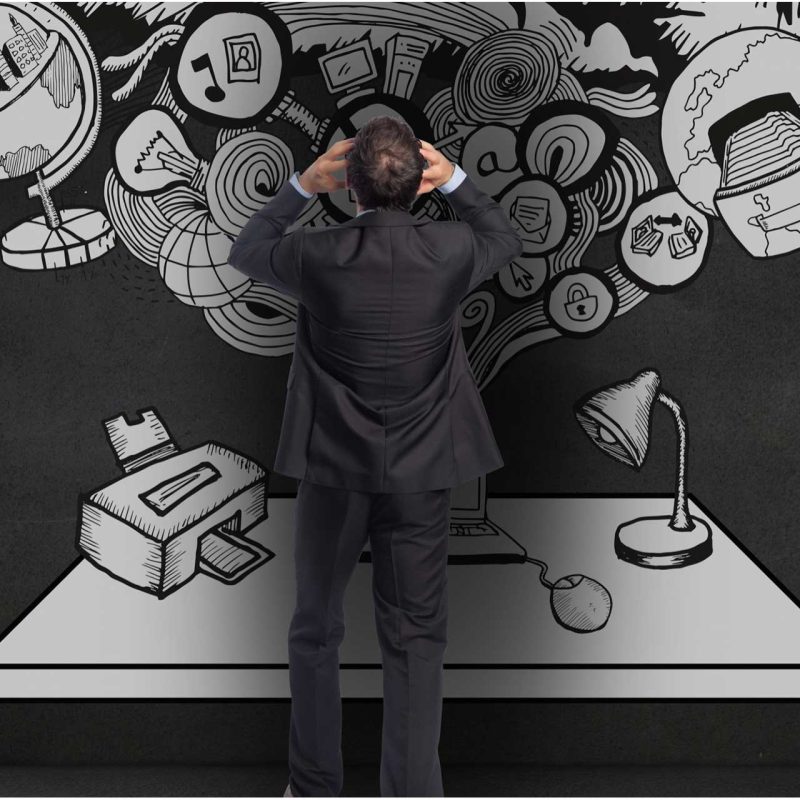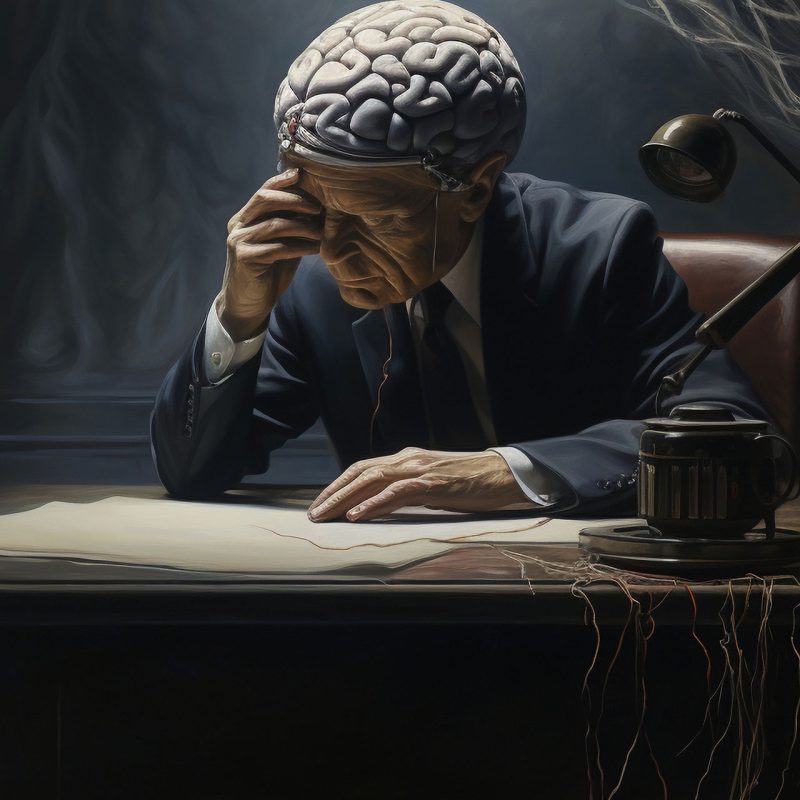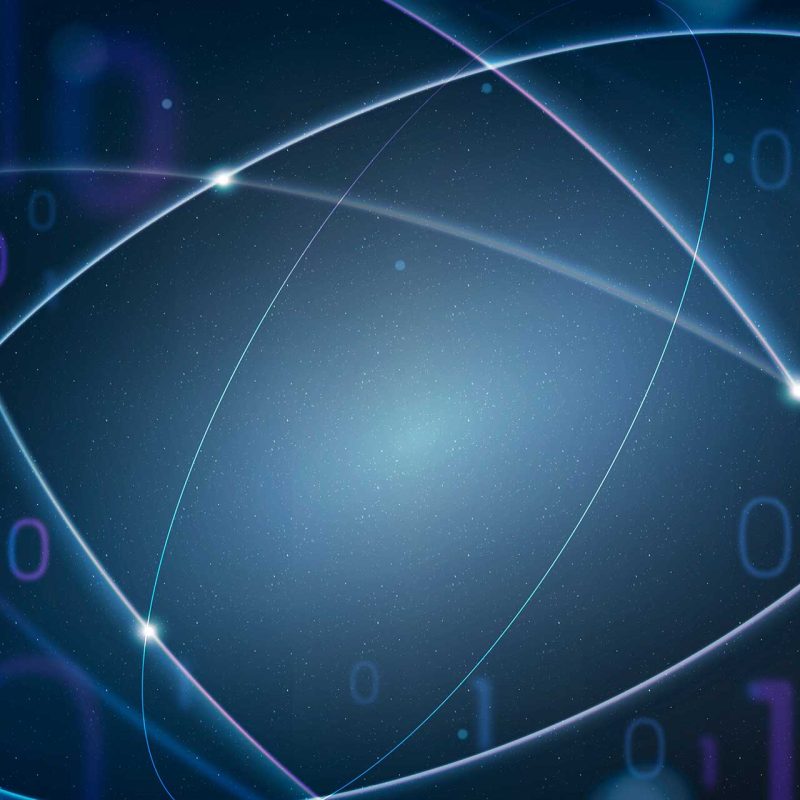 PHILOSOPHICAL BOOKS AND TEXT
PHILOSOPHICAL BOOKS AND TEXT
 AFRICAN PHILOSOPHY
AFRICAN PHILOSOPHY
AFRICAN PHILOSOPHY
 BIOETHICS
BIOETHICS
BIOETHICS
 THE PERSONAL ESSAY
THE PERSONAL ESSAY
THE PERSONAL ESSAY
 GRADING CRITERIA FOR PHILOSOPHY ESSAYS
GRADING CRITERIA FOR PHILOSOPHY ESSAYS
GRADING CRITERIA FOR PHILOSOPHY ESSAYS
 ARISTOTLE
ARISTOTLE
ARISTOTLE
 HEGELIANISM
HEGELIANISM
HEGELIANISM
 WHAT IS GOOD WRITING?
WHAT IS GOOD WRITING?
WHAT IS GOOD WRITING?
 PYTHAGOREANISM
PYTHAGOREANISM
PYTHAGOREANISM
 HERMENEUTICS
HERMENEUTICS
HERMENEUTICS
 RELEVANCE LOGICS
RELEVANCE LOGICS
RELEVANCE LOGICS
 THE ARGUMENTATIVE PAPER
THE ARGUMENTATIVE PAPER
THE ARGUMENTATIVE PAPER
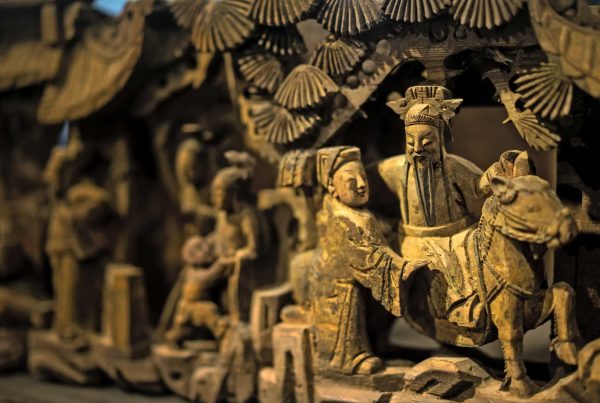 INDIAN PHILOSOPHY
INDIAN PHILOSOPHY
INDIAN PHILOSOPHY
 STOICISM
STOICISM
STOICISM
 CYNICISM
CYNICISM
CYNICISM
Logic
Books
-
Teaching Yoga: Essential Foundations and Techniques
$18.89 -
Caliphate and Imamate (Cambridge Texts in the History of Political Thought)
$34.99 -
Aristotle for Everybody: Difficult Thought Made Easy
$10.99 -
The History of Sexuality: An Introduction
$11.99 -
Post-Analytic Philosophy
$46.00 -
Israel and the Nations: The Bible, the Rabbis, and Jewish-Gentile Relations (Emunot: Jewish Philosophy and Kabbalah)
$117.08 -
Understand Postmodernism (Teach Yourself)
$20.36 -
Against Method
$24.95 -
Orthodoxy by G. K. Chesterton
$13.98 -
The Spell of the Sensuous
$46.00 -
Tentacles Longer Than Night: Horror of Philosophy (Vol 3) (Horror of Philosophy, 3)
$18.95 -
Awakening Power in the Yoga Sutra: Vibhuti Pada
$19.77 -
Truth & Generosity: How Truth Makes Language Possible
$9.97 -
Courage Is Calling: Fortune Favors the Brave
$16.18 -
How to Relax (Mindfulness Essentials)
$8.59 -
Tao Te Ching
$3.95
The Atomos Blog
Philosophy of Law: An Introduction
Philosophy of Law: An Introduction
Philosophy of Science: An Introduction
Aesthetics: An Introduction
Epistemology: An Introduction
Ethics: An Introduction
Logic: An Introduction
Metaphysics: An Introduction
Philosophy of History: An Introduction
Philosophy of Language: An Introduction
Philosophy of Mind: An Introduction
Philosophy of Technology: An Introduction
Political and Social Philosophy: An Introduction
Environmental Philosophy: An Introduction
Existentialism and Phenomenology: An Introduction
Feminist Philosophy: An Introduction
Philosophy of Mind: An Introduction
Terms & Concepts

































